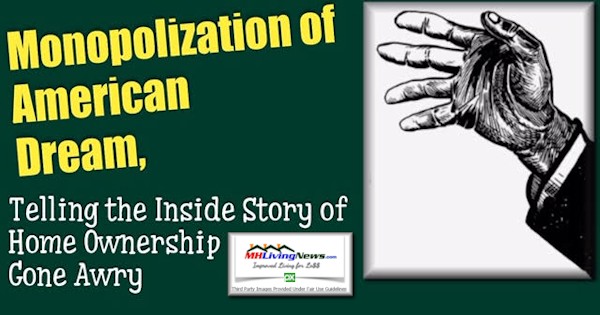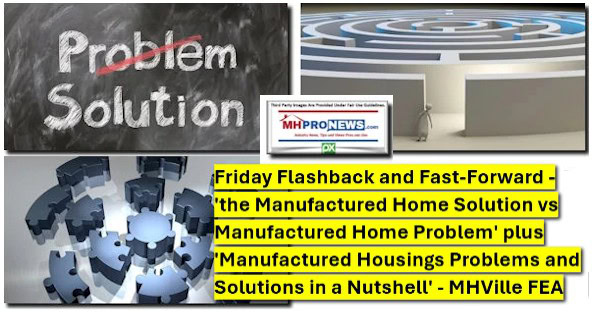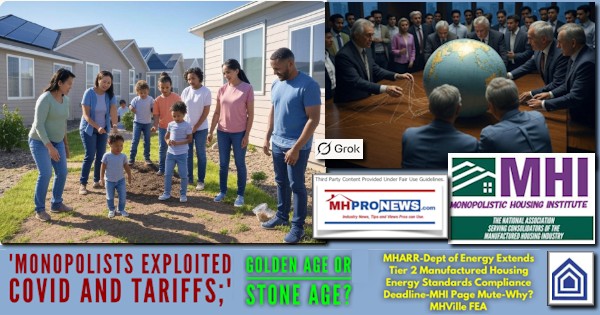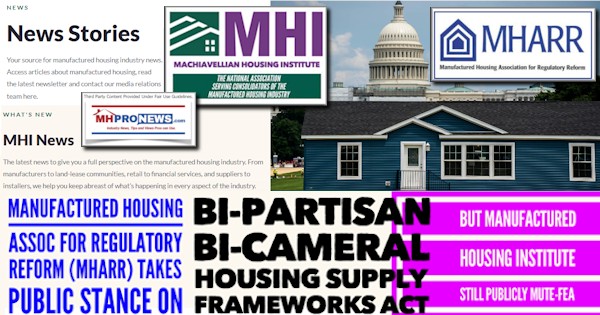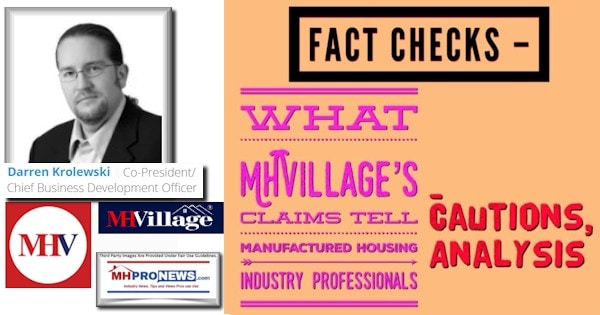
“Since its inception in 2004, MHVillage has grown to become the number one consumer website for the manufactured housing industry with more than 25 million unique visitors annually. In 2016, more than 78,000 homes were sold on MHVillage with a combined transaction value exceeding $2.5 billion.” So says a page in the MHVillage (MHV) website.
Initially, let’s take that claim at face value. Let’s presume that every element of that claim is true. If so, then the average selling price of those homes was about $32,051.28. That means that the bulk of those homes were pre-owned, used or ‘existing’ manufactured homes. That’s just basic math and common sense.
Next, divide 25 million visits by their claimed total sales. Here’s the formula, you can type it into Google and it will give you this result. 78000/25000000 = 0.00312. That is less than 1/3rd of 1 percent of those who visited MHV purchased a manufactured home.
“Where I come from, if a baseball player would score a run only after 1,000 times at bat, it is a safe bet that he is not in the major leagues,” said L. A. ‘Tony’ Kovach, industry consultant and publisher of this industry-leading trade media.
Kovach has spoken with internet marketers who do both conventional housing and manufactured housing marketing. “The conversion rates of lookers into appointments, arrivals [for a home tour] or who become actual buyers are far lower, per those other sources, for manufactured homes,” Kovach stated. That is reinforced by data generated by third-party Zillow, he said. ICYMI, or need a reminder of that report’s details, see the linked text-image box below. Kovach says that is one of several warnings to the industry, based upon data.
But the well-known, controversial, yet acclaimed Kovach said there is much more to ponder from the claims on MHVillage. Here are some examples he gave.
MHV says they have “42,391 communities” that is obviously a higher number than they previously reported. It is approaching the tally made by Mobile Home University (MHU), per Frank Rolfe, of 44,000 communities. Rolfe said there may be another 1000 or so communities that they missed that would be of 2 pad size. MHU did what Rolfe said was a 2-year national ‘hand count’ of old mobile home parks and newer manufactured home community locations.
An MHU team member ripped the Manufactured Housing Institute (MHI) for not gathering and keeping accurate data, because it makes the community sector – or by inference, the industry at large – harder to arrange financing without good data. That’s an argument that MHI, which “Frank and Dave” are members of, should understand. Because it is part of the claim that the Fannie Mae and Freddie Mac gave for not doing robust chattel or home-only, personal property lending. GSEs team members and Tim Williams of 21st Mortgage Corp both said that the Berkshire Hathaway brands did not turn over their loan data. So, the argument – or excuse – is a circular one. If Berkshire wanted the GSEs to fully enforce the law established by the Housing and Economic Recovery Act (HERA) 2008 that mandated the Duty to Serve (DTS) manufactured housing lending, they have the political clout to accomplish that, don’t they?
Those vexing segues aside, back to MHVillage. This is from their home page, and an interior page.


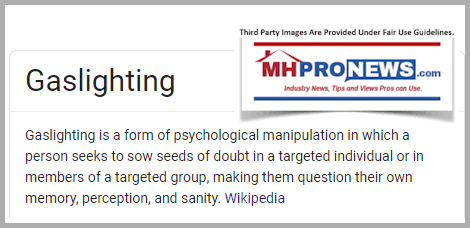
On another page of their MHV website, they show this claim.
“…online marketplace for buying and selling manufactured homes with more than 25 million unique visitors annually. Last year, more than 80,000 homes were sold on MHVillage with a combined transaction value exceeding $3 billion.” That would put the average home sold at $37,500. But their own traffic data seems to be in conflict with other published reports from the same source. Note the date last year?
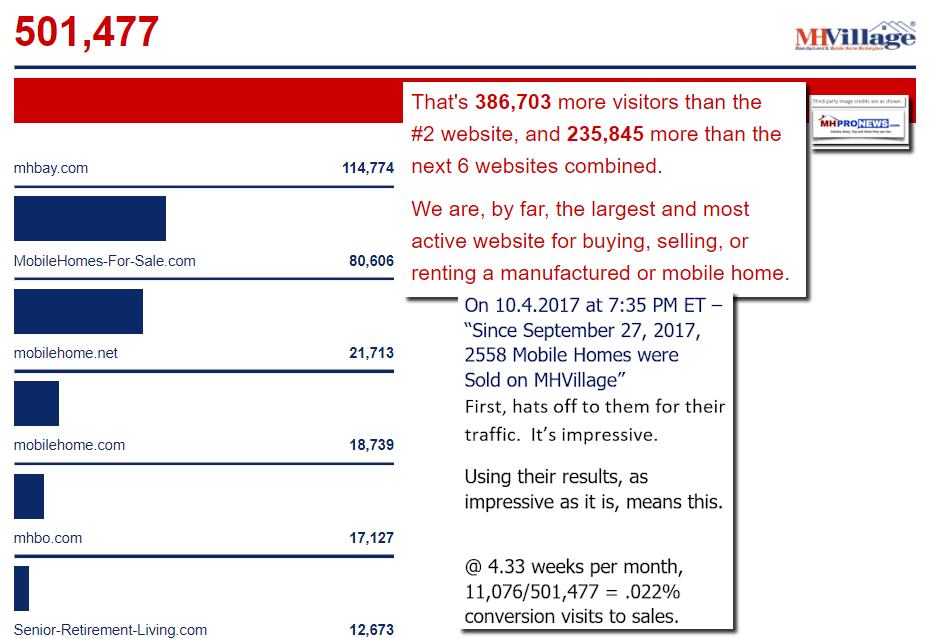
Those disconnects aside, put that average dollar amount claimed by MHV into context. The U.S. Census Bureau website’s July 2019 report said that in April 2019, the “Average Sales Price (thousands of dollars) was $78.9,” or $78,900. So, the overwhelming majority of what MHV does are pre-owned homes.
So, their own data begs more questions. For example. How is someone to know that it was MHV that actually helped ‘sell’ a home? Isn’t it possible that some of those homes that were sold were sold by some other resource than MHV? How many FSBOs – for sale by owners – or manufactured home communities that list and sell homes, sell homes based on a sign in the window? The fact that a listed unit is unlisted after it is sold is not proof that MHV had anything to do with that sale. The more one looks, the more cautionary flags arise. Given some years of other troubling inaccurate, exaggerated, toady, or illogical claims, doesn’t the current batch of problematic data raise doubts as to their credibility?
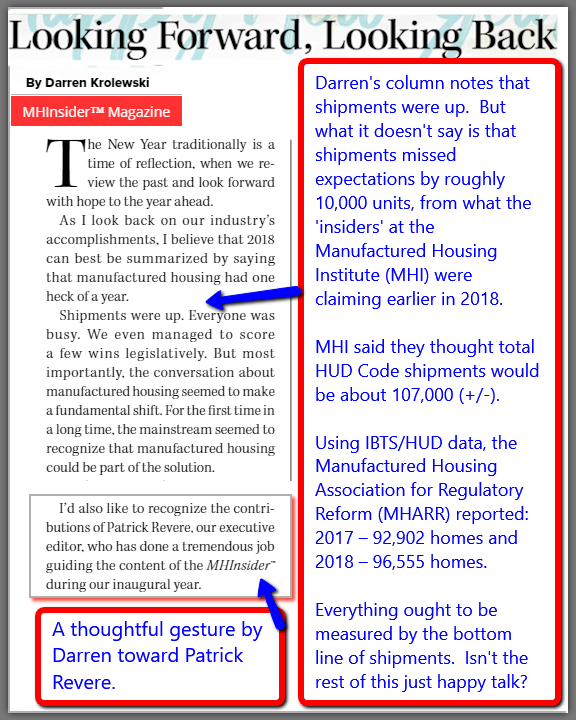
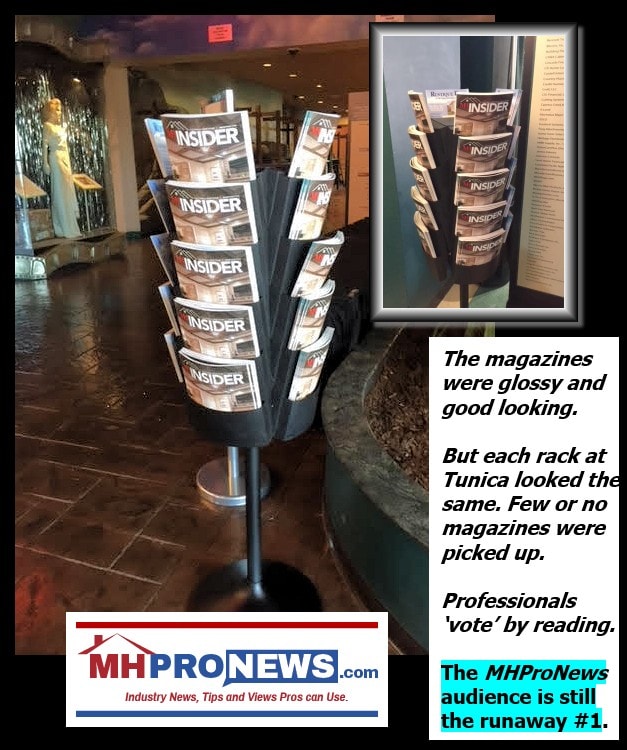
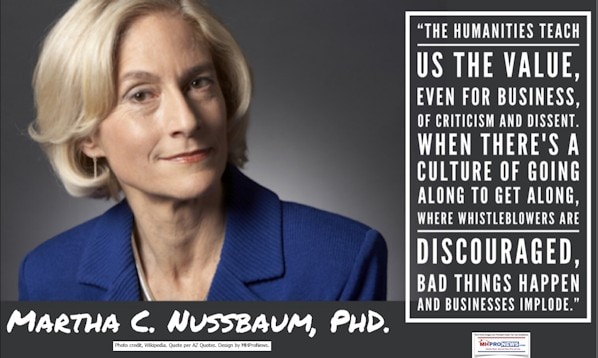
Takeaways
Impressive at a glance, the more one ponders and analyzes the data and claims made by MHV, they are somewhat similar to those claims made by MHI, which they are closely allied with. MHI made big sounding claims in late 2018 too. But the industry ended up going into a 10-month year-over-year sales decline.
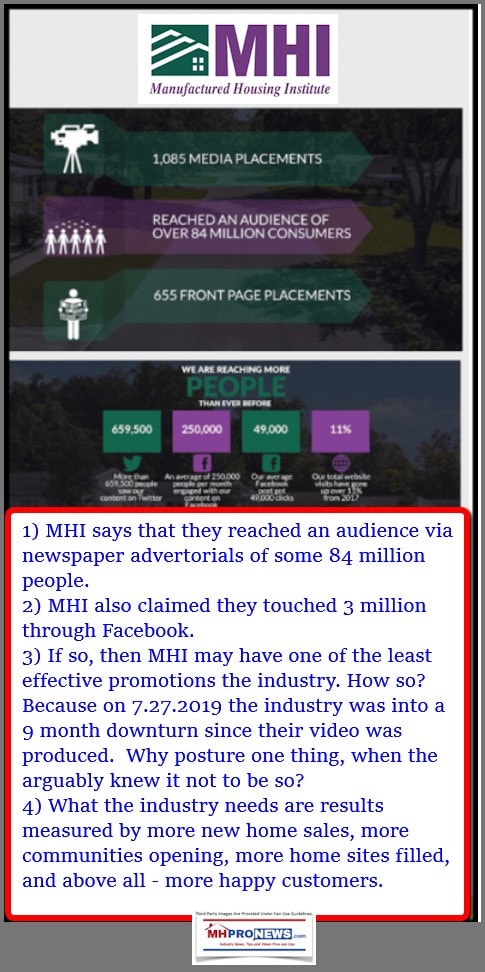
MHV made several changes with their new design, but adjusting for inflation, aren’t their self-proclaimed results similar? Moreover, aren’t those claims that they are make more of a cautionary tale than something to celebrate? For instance, does MHV build up the notion that manufactured homes can and do appreciate, or are MHV’s claimed data fueling the opposite impression?
To draw this to a close for today, just a few more points. This analysis has revealed several disconnects on the MHV site in the use of terminology, or self-contradictory claims. That begs the question, how many other such disconnects or inaccuracies is MHV – or their affiliated MHInsider – involved with?
To learn more about those, see the related reports, further below the bylines, offers, and notices.

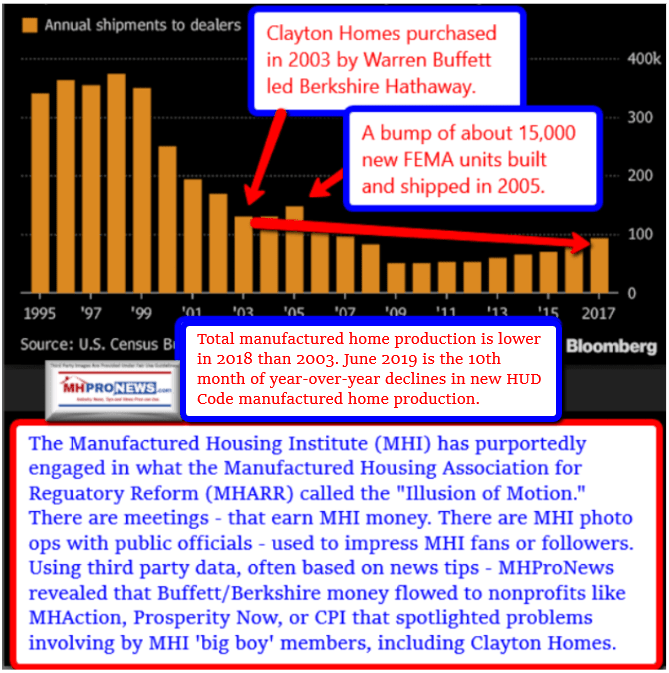
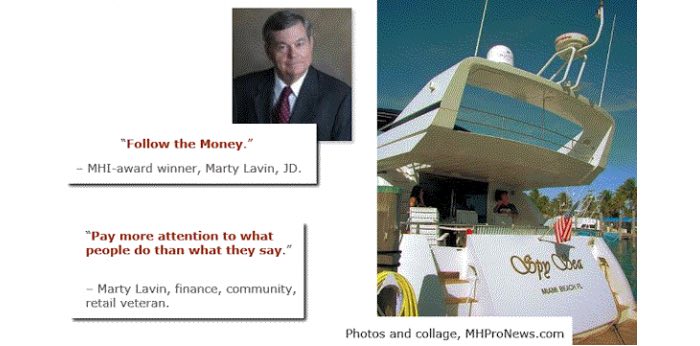
Conclusions?
“One of my favorite articles by Mark Weiss, J.D., President and CEO of the Manufactured Housing Association for Regulatory Reform [MHARR] this year was the one entitled “The Illusion of Motion.” That aptly describes much of what seems to emanate from MHI, MHV, and some of their key ‘big boy’ allies, doesn’t it?” – So said Tony Kovach, who says that until individual industry businesses learn to question and challenge the obvious disconnects and ‘illusionary’ claims, the industry will continue at anemic new home sales levels while a million or more manufactured homes could be sold every year, based upon the millions of housing units needed now.
Marketers, Leaders – What B2B Topics Attracts Manufactured Housing Industry Professionals?
That’s your Saturday edition of the manufactured housing’s runaway most-read “Industry News, Tips, and Views Pros Can Use” © where “We Provide, You Decide.” © ## (News, analysis, and commentary.)

Soheyla is a managing member of LifeStyle Factory Homes, LLC, the parent company to MHProNews, and MHLivingNews.com. Connect with us on LinkedIn here.
Related Reports:
Click the image/text box below to access relevant, related information.
Latest HUD Code Manufactured Home Production Data for July 2019 Mixed
Fact Check, Darren Krolewski, MHInsider Claim on 2019 Louisville Show Attendance
